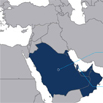News and Press Release
QE’s new REITs to be attractive
Publisher: Peninsula
Date : 29 March 2015

DOHA: The Qatar Exchange’s (QE) soon-to-be-launched Real Estate Investment Trust, or REITs, can be very attractive investment vehicles for investors looking for higher returns than deposits or bonds. However, a strong emphasis on disclosures and transparency is important to allow investors to easily evaluate the investment, according to a top Asset Manager.
“Other than oil and gas and banking, in our view real estate is one of the largest industries in the GCC. Providing the ability for investors to buy and sell fractional units of high quality real estate portfolios on the stock exchange will be a great benefit to both REIT investors and also current owners of real estate,” Afa Boran (pictured), Head of Asset Management at Amwal said.
In essence, a REIT is an investment vehicle that offers its shareholders the ability to buy a fraction of a real estate portfolio to receive steady income. Key advantages are liquidity, and can be bought and sold on the stock exchange anytime, allow investors to buy small fractions of real estate as opposed for instance to buying a whole apartment, the real estate is professionally managed by someone else, and so removes the hassle involved in buying and renting a property.
REIT portfolios also offer diversification to investors versus buying a single property, and REITs typically distribute almost all of their profits. Other advantages could be that while individuals can borrow to buy real estate, the interest rate REITs pay are usually lower than individuals, which could mean higher net return to shareholders.
On what role REIT regulations can play in Qatar, Afa said: “In our view, the main aim should be to ensure investors benefit from all of the advantages mentioned above. A strong emphasis on disclosures and transparency is particularly important to allow investors to easily evaluate the investment. If this is achieved REITs can be very attractive investment vehicles for investors looking for higher returns than deposits or bonds.”
Some countries’ regulations allow REITs to invest in raw land and either develop it or sell it, which makes it difficult for the outside investors to assess. This is a key pitfall to avoid, as it increases the risks and makes them akin to real estate developers. From this point of view, the US and UK regulations are the right models to adopt in Qatar.
Comparing the performance of QE’s listed real estate companies and the proposed REITs, Afa said real estate companies in general can do various forms of investment from buying and trading land, to developing them and buying and holding for income. REITs are closely regulated investment vehicles, and generally required to pay out 90 percent of their income. From this aspect, dividend income to investors can be much more and less volatile from year to year. This is because REITs are usually much simpler investment vehicles which invest in a pool of income generating assets like apartments, hotels, shopping malls, and even schools and hospitals. So REIT investors, similar to investing in a single real estate like an apartment, can expect to receive a certain income every year.
“ REITs can be a particularly good investment vehicle in Qatar where real estate ownership by foreigners is restricted to certain areas. Current owners will have a larger pool of investors to whom they can sell their assets to without losing control, and investors can have a larger pool of assets to invest in.”-The Peninsula
-
05 February 2017
 Fahmi Alghussein appointed as new Qatar Chapter Head
Fahmi Alghussein appointed as new Qatar Chapter Head
Read more -
10 October 2016
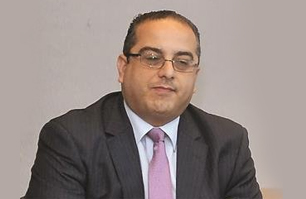 Trump factor to impact GCC market
Trump factor to impact GCC market
Read more -
9 October 2016
 Amwal and Takaud in deal to debut pension products...
Amwal and Takaud in deal to debut pension products...
Read more -
7 November 2016
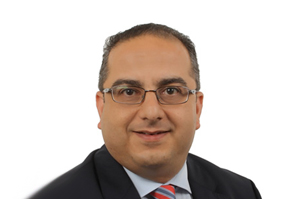 Amwal appoints Talal Samhouri as Head of Asset Management
Amwal appoints Talal Samhouri as Head of Asset Management
Read more -
3 November 2016
 Four Qataris ranked in Middle East magazine’s
Four Qataris ranked in Middle East magazine’s
Read more -
19 October 2016
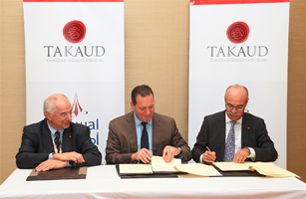 New Takaud And Amwal Partnership Expands
New Takaud And Amwal Partnership Expands
Read more -
01 March 2016
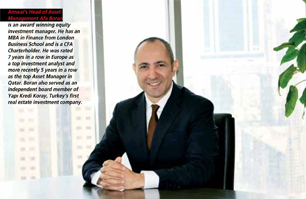 A top down analysis of the real estate market Factors...
A top down analysis of the real estate market Factors...
Read more -
11 November 2015
 Amwal launches GCC fund with German firm
Amwal launches GCC fund with German firm
Read more -
09 March 2015
 Doha Bank plans to launch ETF on QE
Doha Bank plans to launch ETF on QE
Read more






